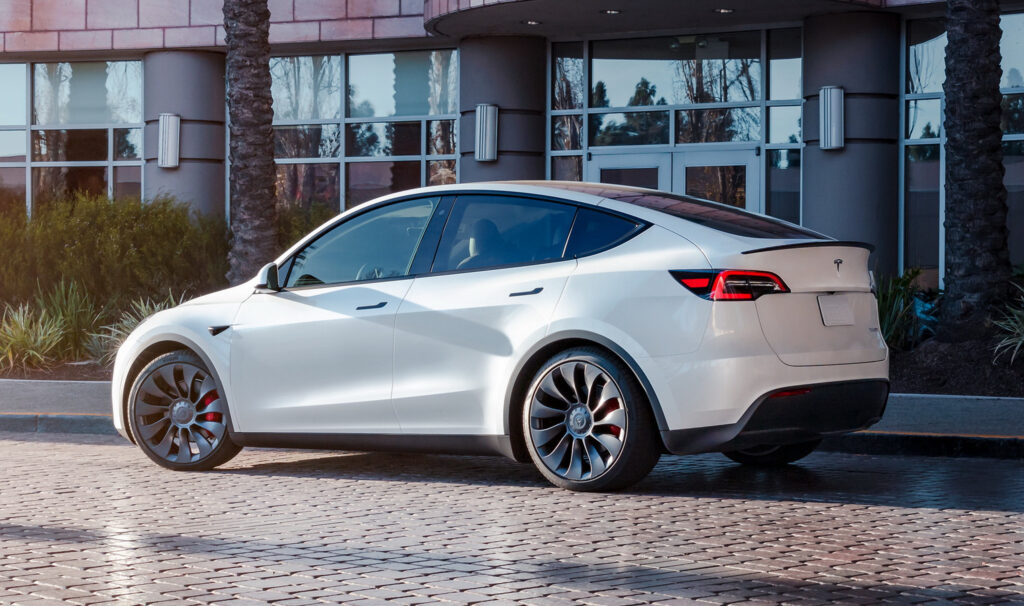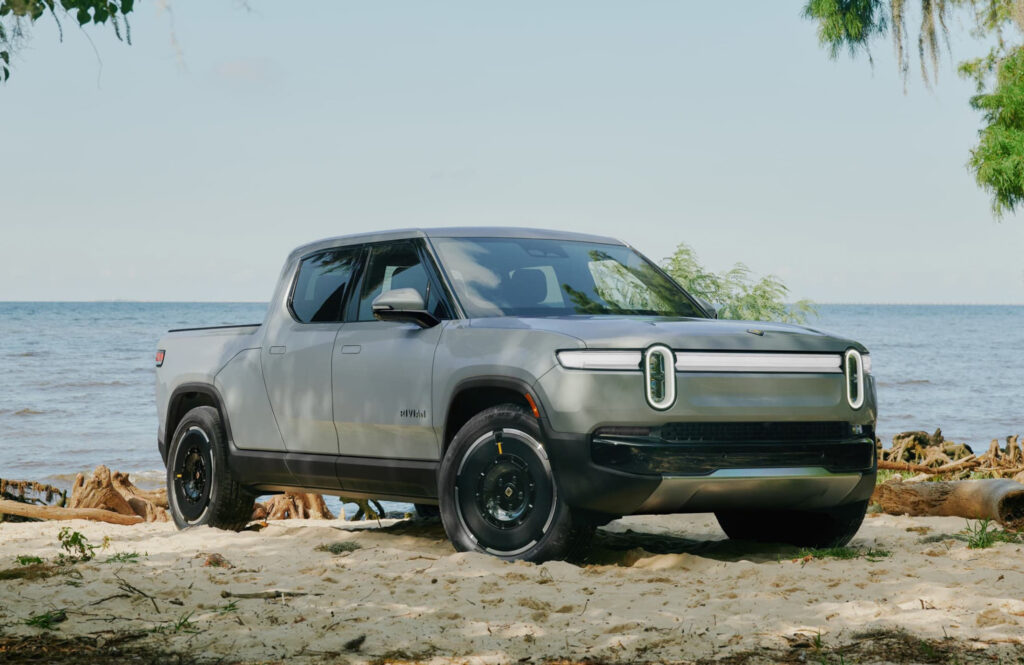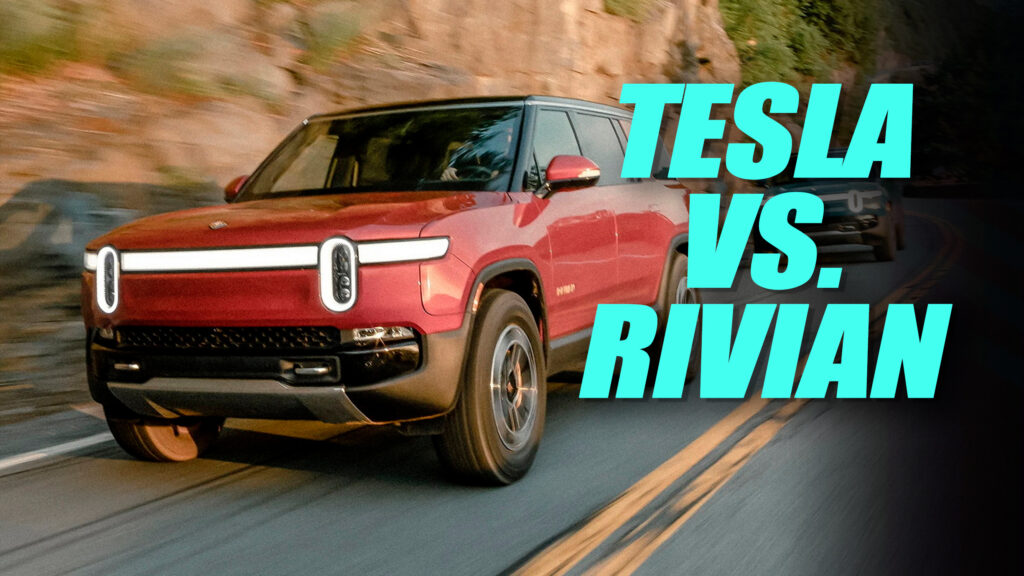- Tesla claimed Rivian poached employees and stole trade secrets related to its battery technology.
- Details about the conditional agreement have not been publicized.
- The VW Group recently announced a huge $5.8 billion investment into Rivian.
Tesla will settle its lawsuit against Rivian after previously claiming its rival had poached employees and had stolen trade secrets.
The world’s leading EV maker first came after Rivian in mid-2020, claiming that its former employees hired by Rivian were stealing trade secrets alongside confidential and proprietary information, even adding that Rivian had encouraged these thefts despite existing confidentiality obligations of Tesla employees. Tesla then expanded the lawsuit 18 months later, asserting that Rivian had actively stolen trade secrets related to its battery technology.
Read: VW And Rivian Team Up To Develop EV Tech for 2027 Launch
Rivian has always denied Tesla’s claims. Late last week, Tesla informed the court that it had reached a conditional agreement with Rivian and expects the lawsuit to be dismissed by December 24. Bloomberg notes that no details about the settlement have been made public.
Rivian attempted to have the lawsuit dismissed shortly after it was filed, claiming that Tesla was trying to shut down competition in the EV market. With the lawsuit now behind it, the company will be able to better focus on its future growth plans.

One of the EV startup’s most important new pursuits is its joint venture with the Volkswagen Group. The German giant is investing $5.8 billion in Rivian to develop a new electrical architecture and software stack to be used on future models from both brands. These new technologies will be based on Rivian’s existing systems and could debut on the new Rivian R2 in 2026 before arriving in a VW-branded vehicle in 2027. Future models from VW, Audi, Porsche, and Scout brands will also use the same technology.
Rivian also needs to focus on increasing production. At the start of 2024, it expected to end the year having produced 57,000 vehicles, the same number it achieved in 2023. However, it updated its guidance in October and now expects to wrap up 2024, having delivered between 50,500 and 52,000 vehicles to customers.




